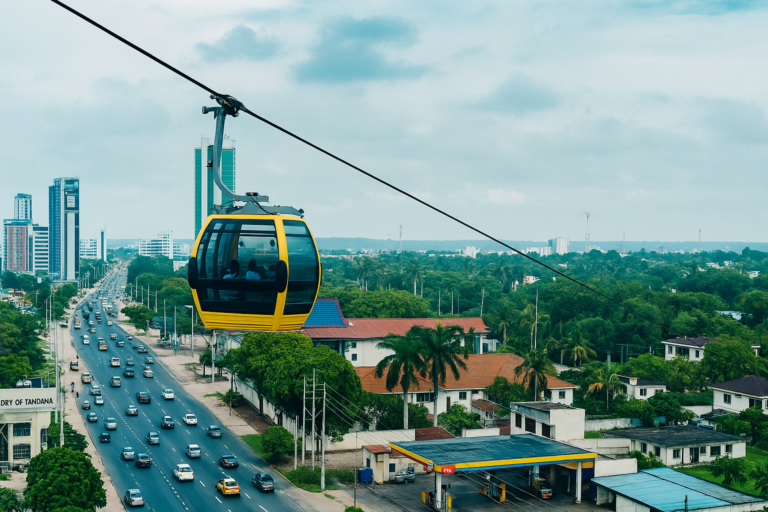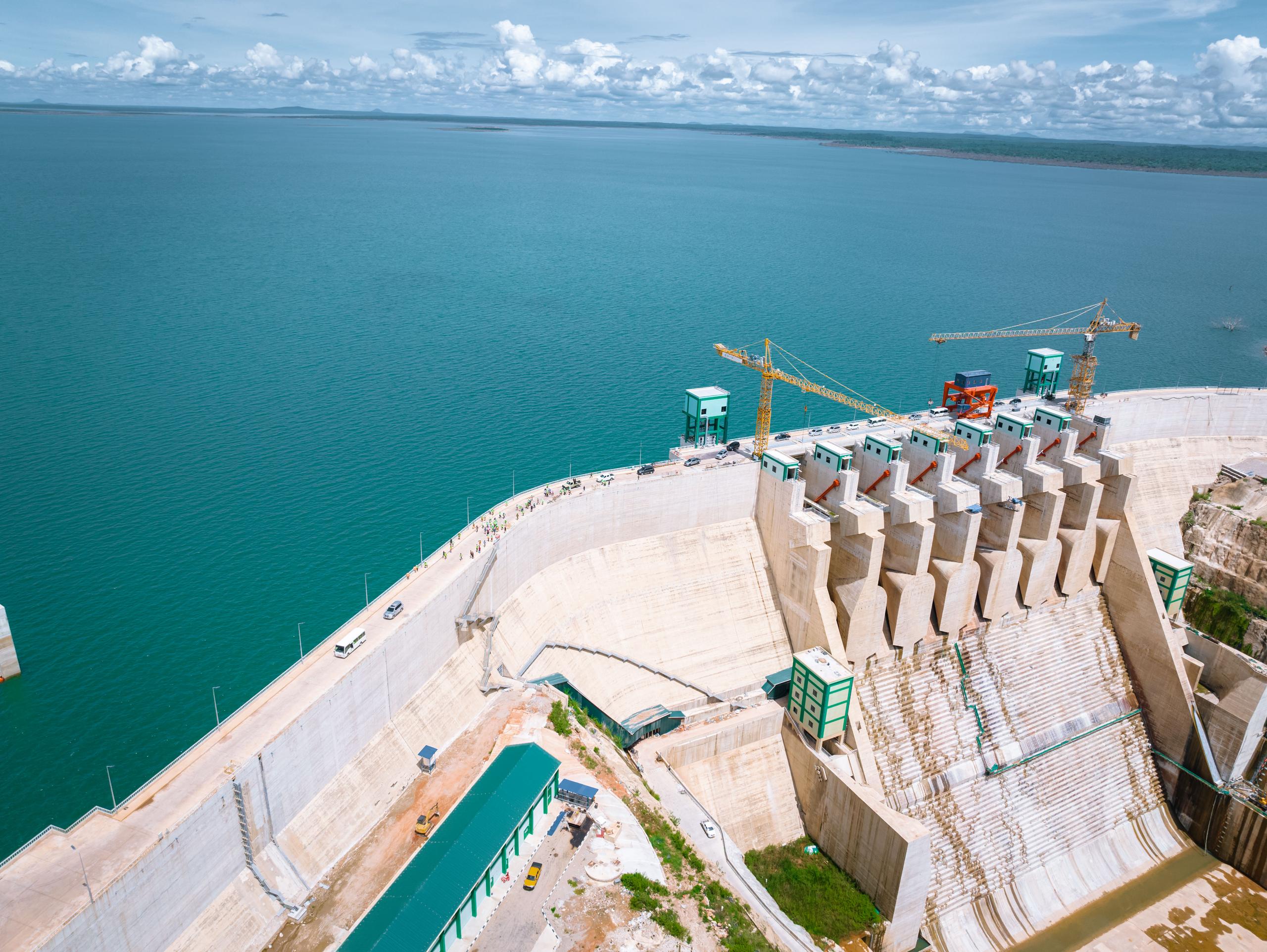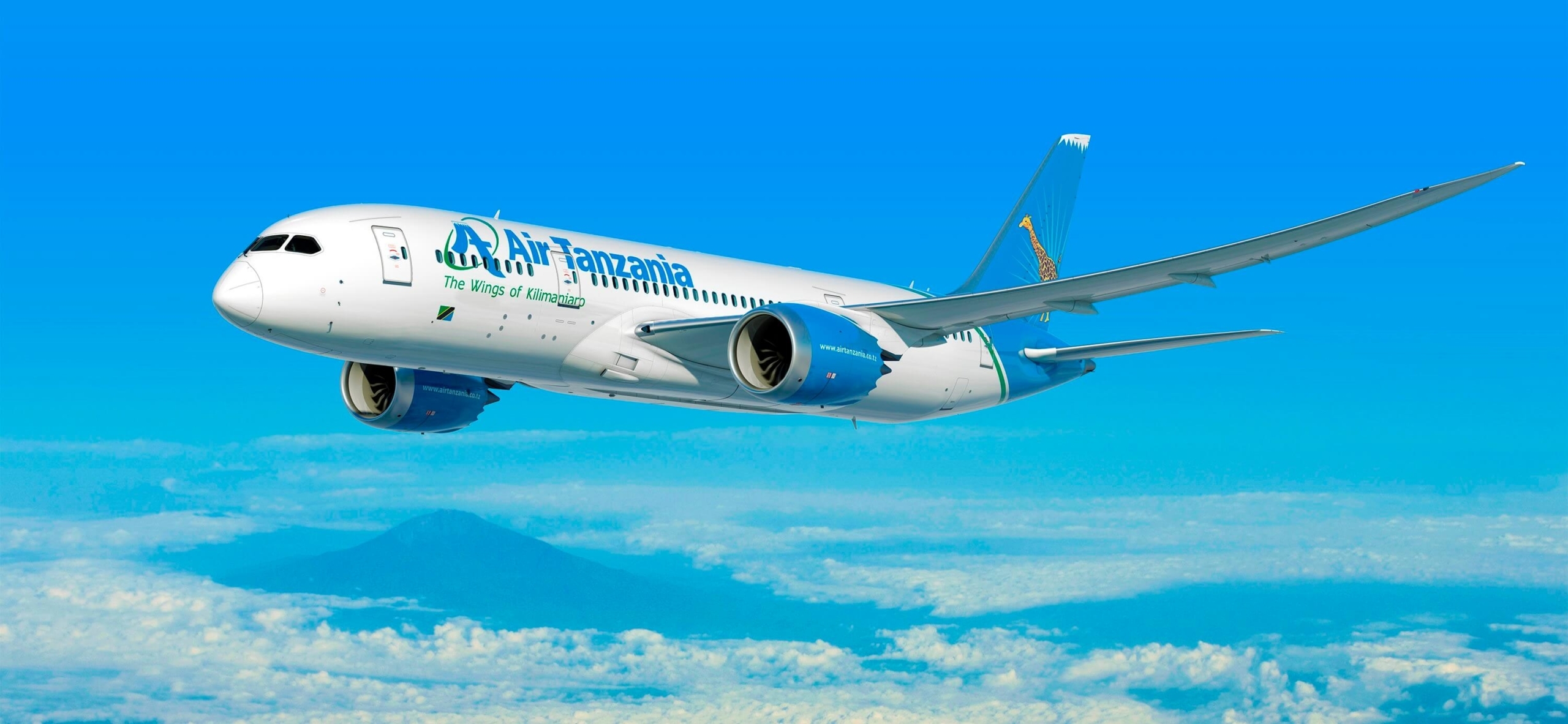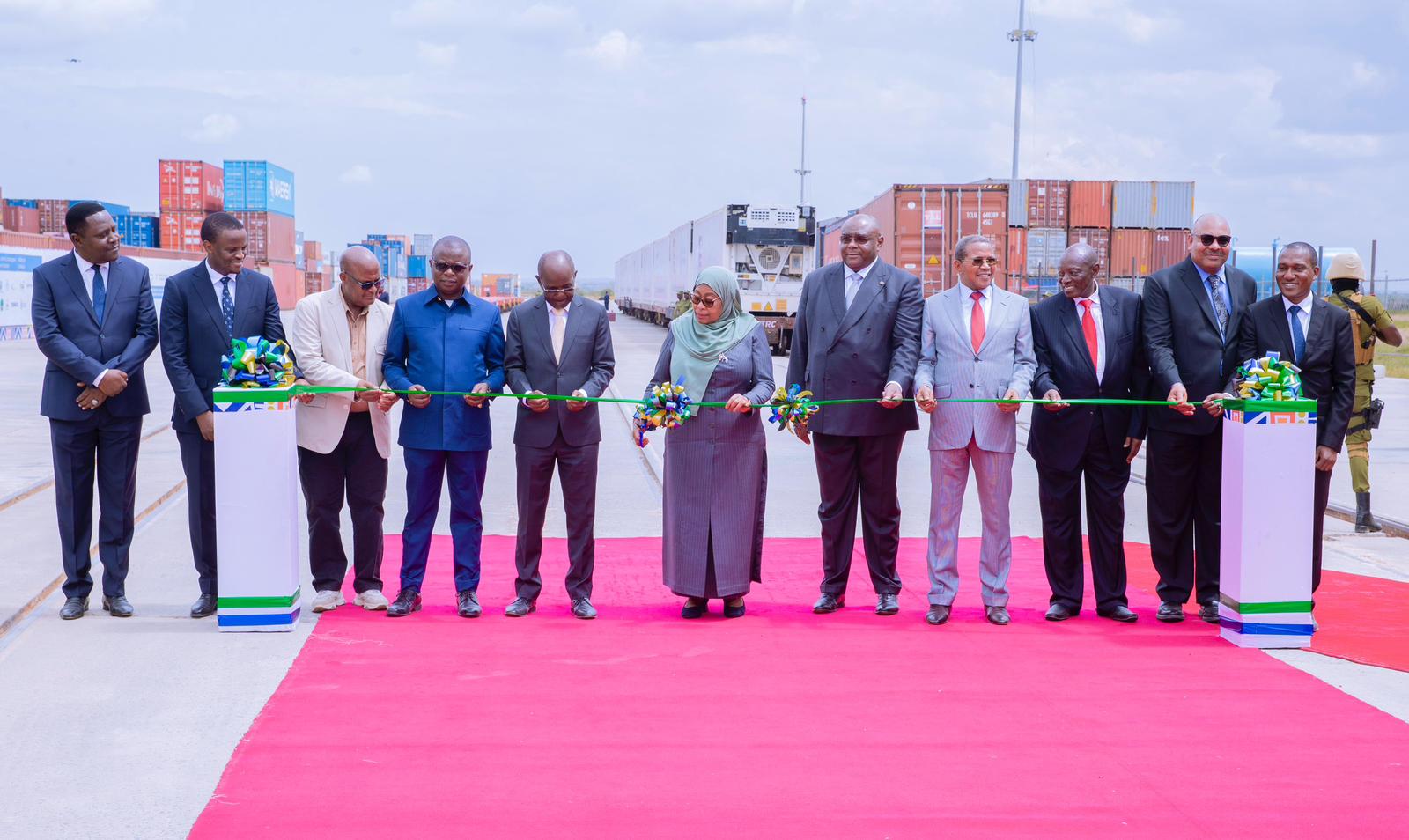Dar es Salaam. The Land Transport Regulatory Authority (Latra) is finalising preparations to introduce regulations for cable transport, also known as cable car systems, in a bid to expand Tanzania’s tourism and transport infrastructure.
Latra director general, Habibu Suluo, told journalists on April 14 that the authority has identified opportunities for cable car transport in eight regions – Arusha, Kilimanjaro, Dar es Salaam, Iringa, Mbeya, Tanga, Coast and Morogoro.
“First, we conducted a preliminary study to assess the potential, and the results show that the opportunities are there,” he said.
“Latra regulates railway and road transport, and now it is mandated to also regulate cable transport.”
He revealed that the authority had already drafted regulations to govern the sector and submitted them to the Attorney General’s Office for endorsement.
“We are also in the process of restructuring Latra’s regulatory management structure in collaboration with the Office of the Treasury Registrar, the Ministry of Transport, and the President’s Office – Public Service Management and Good Governance,” he said.
According to Mr Suluo, the draft restructuring proposal is ready to be submitted to the Chief Secretary’s Office because any restructuring of Latra’s regulatory mandate requires the President’s approval.
The move is expected to open new investment opportunities in tourism and public transportation, especially in areas with challenging terrain or significant tourist footfall.
Mr Suluo noted that some investors had already expressed interest.
“There have been concerns, especially from Kilimanjaro porters, that they might lose jobs. But let us remember that technology is here to complement, not replace,” he said.
“There are climbers who are not physically fit to hike Mount Kilimanjaro, and we want to cater for them too.”
Globally, cable cars are increasingly being embraced not only as tourist attractions but also as practical urban and rural transport solutions.
In cities like Medellín in Colombia and La Paz in Bolivia, cable car systems have transformed the public transport landscape by connecting isolated hillside communities to city centres.
In Africa, Nigeria recently launched the first cable car transport system in Calabar, while Ethiopia has plans to roll out similar services in Addis Ababa.
In Tanzania’s case, the proposed system could significantly enhance accessibility in mountainous areas like Kilimanjaro and parts of Mbeya and Iringa, while also alleviating urban congestion in cities like Dar es Salaam.
Additionally, cable cars are considered environmentally friendly, given their minimal land footprint and lower emissions compared to conventional road transport.







